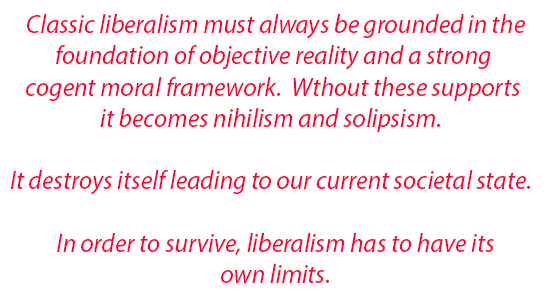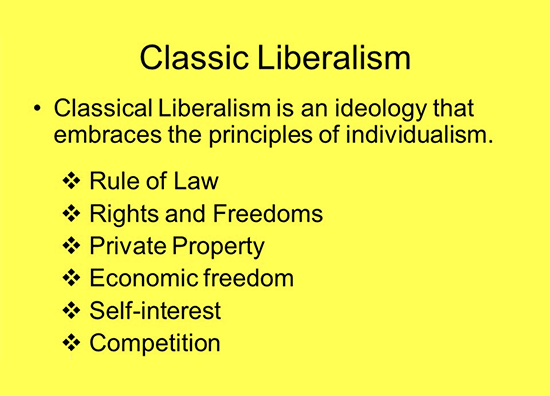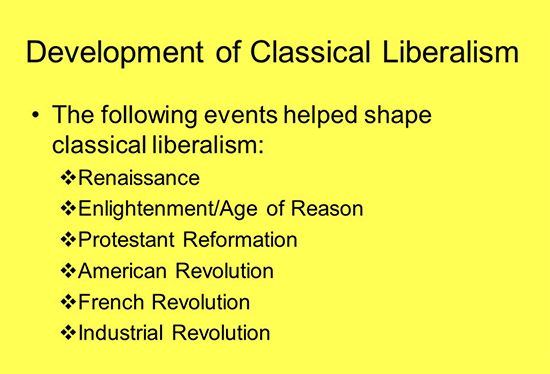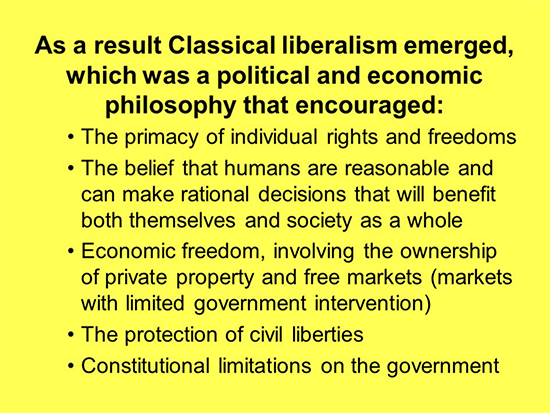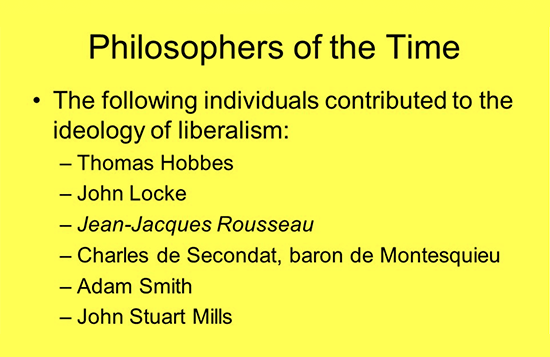What are "Classical Liberal" values? In short, the best possible alternative to "Woke Ideology" we will ever have.
Blueprint for Canada is a major public policy experiment designed to give Canadians a voice. If you support the majority of positions taken on this platform please share our website with your social network both online and in real life. Most importantly, please consider emailing this website's address (www.blueprintforcanada.ca) to your elected representative and ask them to make the "Blueprint for Canada" K-12 education platform policies the standard for public education in your province or territory. Find your local Member of the Provincial Parliament (MPP), Member of the Legislative Assembly (MLA), or Member of the National Assembly (MNA) (Quebec) here. Add your voice today to those of tens of thousands of other parents, grandparents, legal guardians, and concerned citizens all across the country standing up for Canada.
Examples of Classical Liberal values include:
- Individualism: Classical liberals emphasize the importance of the individual and their rights as the foundation of society.
- Free Speech: They support free speech and believe that individuals should be able to express their opinions without fear of censorship in any circumstance.
- Limited Government: They believe that government should be limited in its powers, and its role should be primarily to protect the individual's rights.
- Personal Responsibility: Classical liberals emphasize the importance of personal responsibility and self-reliance.
- Free Markets: They support free markets and believe that individuals should be free to engage in economic transactions without excessive interference from the government.
- Property Rights: They believe in the importance of property rights and see them as essential for individual freedom.
- Rule of Law: Classical liberals believe in the rule of law and that all individuals should be subject to the same laws regardless of race, ethnicity, gender, or any other identity characteristics.
- Civil Liberties: They believe in protecting civil liberties, including freedom of speech, assembly, and religion.
- Limited Regulation: Classical liberals believe that government imposed regulations on free markets and individual choice should be limited.
- Open Trade: They support open trade and the exchange of goods and services between citizens without government interference and believe that doing so promotes economic growth and prosperity.
- Constitutionalism: Classical liberals believe in the importance of constitutional government and that the government's powers should be limited by a constitution or similar charter.
- Minimal Taxation: They believe in minimal taxation and that taxes should only be used to fund essential government functions.
- Non-Interventionist Foreign Policy: Classical liberals believe that the government should avoid interfering in the affairs of other countries.
- Separation of Powers: They believe in the separation of powers between the branches of government, as well as between the government and the individual. The intent is to avoid concentrating too much power in any one set of hands metaphorically speaking.
- Minimal Welfare State: They believe that the government should ensure that nobody lives in abject poverty by providing a reasonable social safety net, however, the welfare state should be minimal and individuals should take responsibility for their own well-being. We will note here that emerging technologies in the artificial intelligence (AI) field may prove highly disruptive to the future workforce. This may eventually necessitate a broader social safety net.
- Equality of Opportunity: Classical liberals believe in the importance of equality of opportunity (not to be confused with "equity" which means equality of outcome) and that all individuals should have equal legal access to education, employment, and other opportunities regardless of race, ethnicity, gender, or other identity characteristics.
- Freedom of Association: They believe that individuals should be free to associate with whomever they choose, including joining unions, political parties, and other organizations or opting not to do so if they prefer.
- Freedom of Religion: Classical liberals believe in the freedom of religion and that individuals should be free to practice their own religion without interference from the government.
- Free Press: They support a free press and believe that it plays an essential role in holding the government accountable.
- Respect for Private Life: Classical liberals believe in the importance of respecting individuals' privacy and personal choices, as long as they do not infringe on the rights of others.
Classical Liberalism Explained: What It Is. What It Means.
